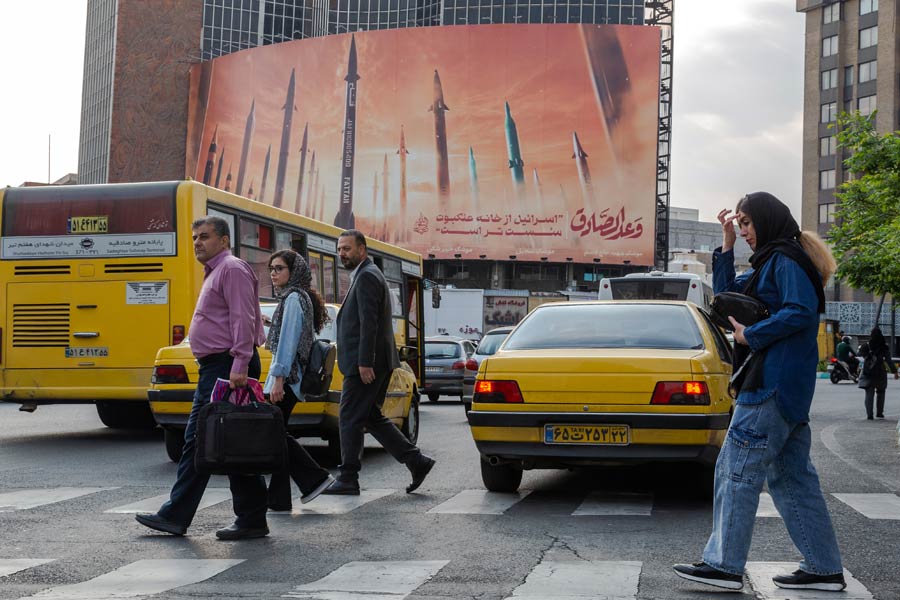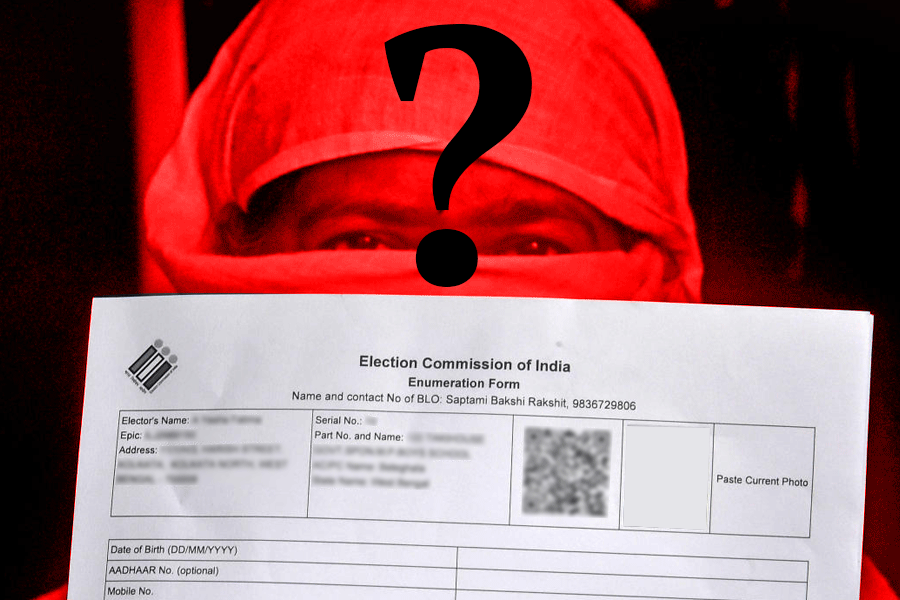The Israeli military struck Iran early on Friday, according to two Israeli and three Iranian officials, in what appeared to be Israel’s first military response to Iran’s attack last weekend but one whose scope, at least initially, appeared to be limited.
The Iranian officials said that a strike had hit a military air base near the city of Isfahan, in central Iran. Initial reaction in both Israel and Iran was muted, which analysts said was a sign that the rivals were seeking to lower the temperature of their conflict. World leaders, who for nearly a week have urged Israel and Iran to avoid sparking a broader war in the region, called for both sides to de-escalate tensions on Friday.
The Israeli military declined to comment on the strike. A senior U.S. official said that Israel had notified the United States through multiple channels shortly before the attack. All the officials spoke on the condition of anonymity because they were not authorized to discuss the matter publicly.
The explosions came less than a week after Iran fired more than 300 missiles and drones at Israel — nearly all of which were shot down — in response to an April 1 strike on an Iranian diplomatic compound in Syria that killed seven Iranian officials. That attack brought the decadeslong shadow war between Israel and Iran — waged on land, at sea, in air and in cyberspace — more clearly into the open.
Here’s what else to know:
— A Western official and two Iranian officials said that Israel used both missiles fired from warplanes and drones in the strike, suggesting that the attack included more advanced firepower than initial reports indicated. Iranian officials initially told The New York Times that the attack had been carried out only by small drones, possibly launched from inside Iran, and that radar systems had not detected unidentified aircraft entering Iranian airspace. They said that a separate group of small drones was shot down in the region of Tabriz, roughly 500 miles north of Isfahan.
— In public, Iranian officials sought to downplay the strike. Maj. Gen. Abdolrahim Mousavi, the commander in chief of Iran’s army, said explosions heard early Friday in Isfahan “were from our air defense firing at a suspicious object,” and that there had been “no damage.” Iranian news agencies appeared keen to show that things were “back to normal” in the city.
— President Ebrahim Raisi of Iran had warned that “the tiniest act of aggression” on his country’s soil would draw a response. But in the hours after Israel’s strike, there have been no public calls for retribution by Iranian officials. One lawmaker, Seyed Nezamedin Mousavi, called the strike “ridiculous,” saying it showed Israel “is content with these ineffective actions.”
— Isfahan is one of Iran’s most famous and historic cities. The area also hosts a number of Iranian military sites. Iranian media reported that nuclear facilities in Isfahan had not been hit.
— Israeli leaders came close to ordering widespread strikes in Iran on the night Iran attacked, officials said, but the war Cabinet postponed a decision. Biden and other world leaders urged Israel for days not to retaliate in a way that would inflame a wider Middle East war while it fights Hamas in the Gaza Strip and Hezbollah in Lebanon, both allies of Iran.
The New York Times News Service










